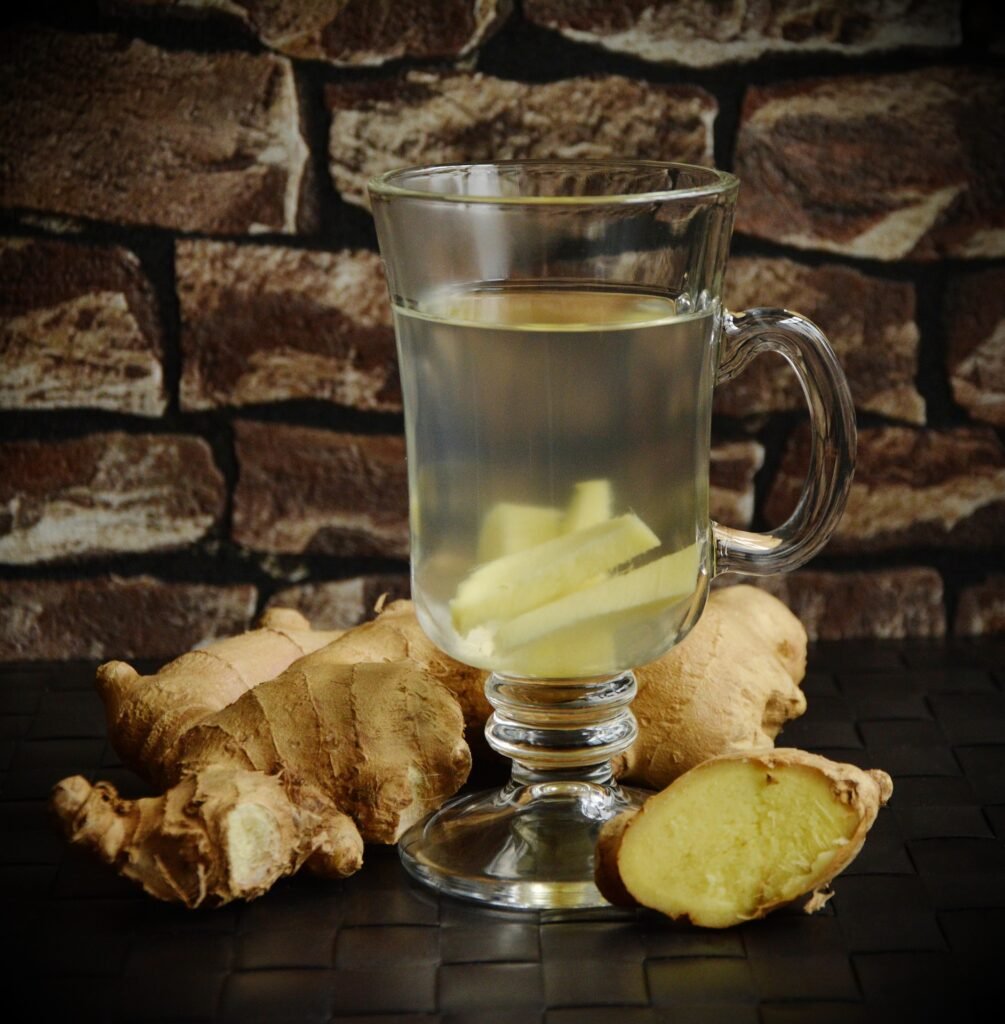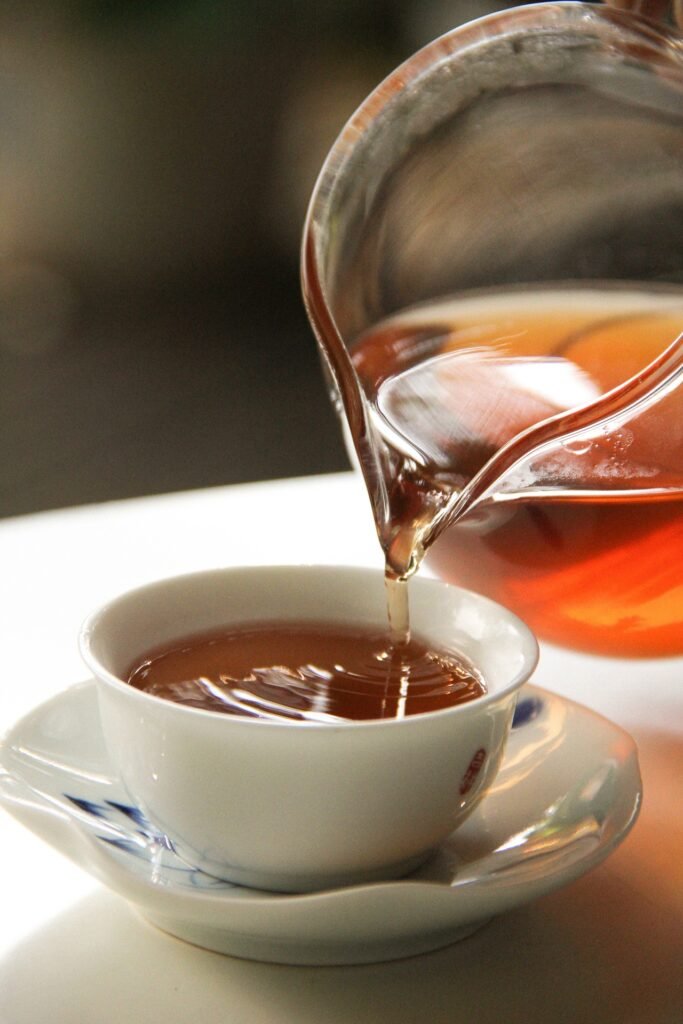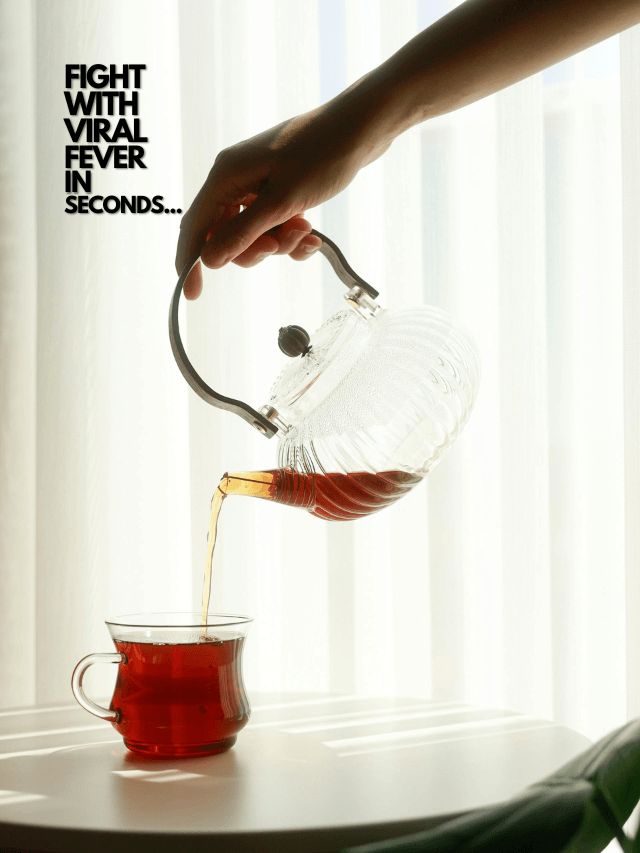What is viral fever?
Viral fever is a broad spectrum of conditions where a rise of normal body temperature is 90°F to over 103°C, mainly caused due to viral infections.
What are the symptoms of viral fever?
This is characterised by various symptoms, and these are similar to those of other illnesses like the flu.
Fever: The most common symptom comes with chills or sweats.
Fatigue: Feeling tired and weak.
Headache: A throbbing or aching pain in the head.
Muscle aches and pains: soreness in the muscles and joints.
Cough: A dry or productive cough.
Sore throat: A scratchy or painful throat.
Runny nose or nasal congestion: Stuffy or runny nose
Sneezing: Frequent sneezing
Nausea: a sense of discomfort in the stomach causing vomiting.
Loss of appetite: Infected people feel a reduced interest in eating.
Demographic viral fever symptoms
| Symptom | Youngsters | Adults | Elders |
| Fever | High temperature, often above 100°F (37.8°C) | Moderate fever, usually between 99°F (37.2°C) and 102°F (38.9°C) | Low-grade fever or no fever at all |
| Sore Throat | Common, often accompanied by difficulty swallowing | Less common, but can occur | May be mild or absent |
| Cough | Dry or productive cough | Dry or productive cough | May be mild or absent |
| Runny Nose | Common, often clear or slightly coloured | Less common, but can occur | May be mild or absent |
| Body Aches and Pains | Common, especially in muscles and joints | Less common, but can occur | May be mild or absent |
| Fatigue | Common, often severe | Less common, but can occur | May be mild or absent |
| Headache | Common, often mild to moderate | Less common, but can occur | May be mild or absent |
| Loss of Appetite | Common | Less common, but can occur | May be mild or absent |
| Swollen Lymph Nodes | Common in the neck and underarms | Less common, but can occur | May be mild or absent |
| Rash | May develop in some cases, often in the form of a measles-like rash | Less common, but can occur | May be mild or absent |
What causes viral fever?
Respiratory viruses
Viral fever is caused by infections from viruses, where viruses like influenza, rhinovirus and respiratory syncytial virus are common. This typically spreads through droplets from coughing, sneezing and close contact with infected people.
Gastrointestinal viruses
Norovirus and rotavirus are viruses that affect the digestive systems and lead to viral fever. They spread through contaminated food, water and surfaces.
Vector-borne diseases
Dengue, Zika and Chikungunya are transmitted by mosquitoes, especially in tropical and subtropical regions.
COVID-19
The global pandemic caused by the SARS-CoV-2 virus has been a cause of viral fever. Variants of the virus continue to emerge, which influence the pattern of infection.
Seasonal variations
Seasonal variations are found in terms of viral fever outbreaks during monsoon or colder seasons. It is because of the favorable environment for viruses to thrive.
What are the best 8 herbal drinks to boost your immunity to deal with viral fever?
For viral fever cure/treatment and boosting immunity to fight it, there are herbal drinks that offer a natural defense to infected individuals, strengthening the body’s immune system.

Ginger tea
Ginger contains potent bioactive compounds like gingerol, which have anti-inflammatory as well as antioxidant properties. It is helpful to boost the immune system by flushing out toxins and increasing blood circulation. Ginger tea also soothes sore throats, alleviates nausea, along with reduces body aches associated with this. Moreover, to boost its antimicrobial properties, honey would be preferable to be added to ginger tea.
Tulsi (holy basil) tea
Tulsi is a revered herb in Ayurvedic medicine. It is because of its immune-boosting qualities that help fight viral infections. The results are seen in the process of enhancing the body’s natural defence mechanisms. Tulsi tea is rich in antioxidants and anti-inflammatory compounds, which are useful in relieving congestion. These compounds are also pivotal in relieving fever and respiratory issues.
Turmeric latte
Turmeric is known for its antioxidant and inflammatory properties. The ingredient, curcumin, helps improve immune function and lessen symptoms of viral fever. It is suggested that individuals make turmeric later with black pepper to improve absorption. Drinking turmeric latte or tea regularly is useful in combating upper respiratory infections and reducing fever-related inflammation.
Peppermint tea
Peppermint tea has antiviral properties that can fight the viruses responsible for respiratory. It helps to break up mucus and has a cooling effect, lowering body temperature. It is helpful for consumption by those suffering from viral fever.
Lemongrass tea
Lemongrass is known for its antioxidant and anti-inflammatory properties. It contains Vitamins A and C – important for boosting immunity. Regular consumption of this tea can detoxify the body, reduce fever and alleviate pain.
Echinacea tea
Echinacea is an herbal remedy used to boost the immune system and reduce the symptoms of cold and flu. This herbal drink stimulates the immune system since it increases the production of white blood cells. Regular drinking of it can prevent viral infections and recover from illness.
Cinnamon tea
Cinnamon has antimicrobial properties. This herbal drink is effective against bacterial and viral infections. It also has antioxidants that help reduce inflammation and boost immune function. Regular consumption of cinnamon tea is better to regulate body temperature, and soothe sore throat.
Chamomile tea
Chamomile is known for its calming effects. It also has strong immune-boosting properties. This herbal drink contains antioxidants, including apigenin, that help fight off infections. This drink promotes relaxation and better sleep required for recovery during illness. Its mild anti-inflammatory properties also fight against symptoms.

| Herbal Tea | Ingredients | Process |
| Ginger Tea | Ginger root, water, honey (optional) | 1. Peel and slice ginger root. 2. Boil water. 3. Add ginger slices and steep for 5-10 minutes. 4. Strain and add honey to taste. |
| Tulsi (Holy Basil) Tea | Tulsi leaves, water, honey (optional) | 1. Wash tulsi leaves. 2. Boil water. 3. Add tulsi leaves and steep for 5-10 minutes. 4. Strain and add honey to taste. |
| Turmeric Latte | Turmeric powder, milk, honey, black pepper (optional) | 1. Whisk turmeric powder, honey, and black pepper into milk. 2. Heat the mixture until frothy. |
| Peppermint Tea | Peppermint leaves, water, honey (optional) | 1. Wash peppermint leaves. 2. Boil water. 3. Add peppermint leaves and steep for 5-10 minutes. 4. Strain and add honey to taste. |
| Lemongrass Tea | Lemongrass stalks, water, honey (optional) | 1. Crush lemongrass stalks. 2. Boil water. 3. Add lemongrass and steep for 5-10 minutes. 4. Strain and add honey to taste. |
| Echinacea Tea | Echinacea root, water, honey (optional) | 1. Crush echinacea root. 2. Boil water. 3. Add echinacea root and steep for 10-15 minutes. 4. Strain and add honey to taste. |
| Cinnamon Tea | Cinnamon sticks, water, honey (optional) | 1. Break cinnamon sticks into pieces. 2. Boil water. 3. Add cinnamon pieces and steep for 5-10 minutes. 4. Strain and add honey to taste. |
| Chamomile Tea | Chamomile flowers, water, honey (optional) | 1. Wash chamomile flowers. 2. Boil water. 3. Add chamomile flowers and steep for 5-10 minutes. 4. Strain and add honey to taste. |
FAQ
What is viral fever?
Viral fever refers to a rise in body temperature caused by viral infections, typically over 100°F, and is characterized by symptoms like fever, fatigue, and cough.
What are the common symptoms of viral fever?
Symptoms include high fever, body aches, sore throat, fatigue, headache, cough, runny nose, and nausea.
What causes viral fever?
Viral fever is caused by infections from viruses such as respiratory viruses (like influenza), gastrointestinal viruses (like norovirus), vector-borne viruses (like dengue), and even COVID-19.
How can herbal drinks help with viral fever?
Herbal drinks boost the immune system, reduce inflammation, soothe symptoms like sore throat and cough, and help the body recover naturally from viral infections.
What are the best herbal drinks to boost immunity against viral fever?
Some of the top herbal drinks include Ginger Tea, Tulsi Tea, Turmeric Latte, Peppermint Tea, Lemongrass Tea, Echinacea Tea, Cinnamon Tea, and Chamomile Tea.
What are the benefits of ginger tea for viral fever?
Ginger tea has anti-inflammatory and antioxidant properties, soothing sore throats, relieving body aches, and flushing out toxins.
How does Tulsi Tea boost immunity?
Tulsi (holy basil) tea enhances the body’s defense mechanisms, providing relief from congestion, respiratory issues, and fever.
Can turmeric latte help reduce viral fever symptoms?
Yes, turmeric contains curcumin, which helps reduce inflammation and strengthens the immune system, aiding recovery from viral fever.
What are the advantages of chamomile tea for viral fever?
Chamomile tea promotes relaxation, better sleep, and has mild anti-inflammatory properties that help fight viral infections.
Is it safe to consume herbal drinks regularly?
Yes, herbal drinks made from natural ingredients can be consumed regularly to support overall health and immunity, especially during viral fever episodes.



